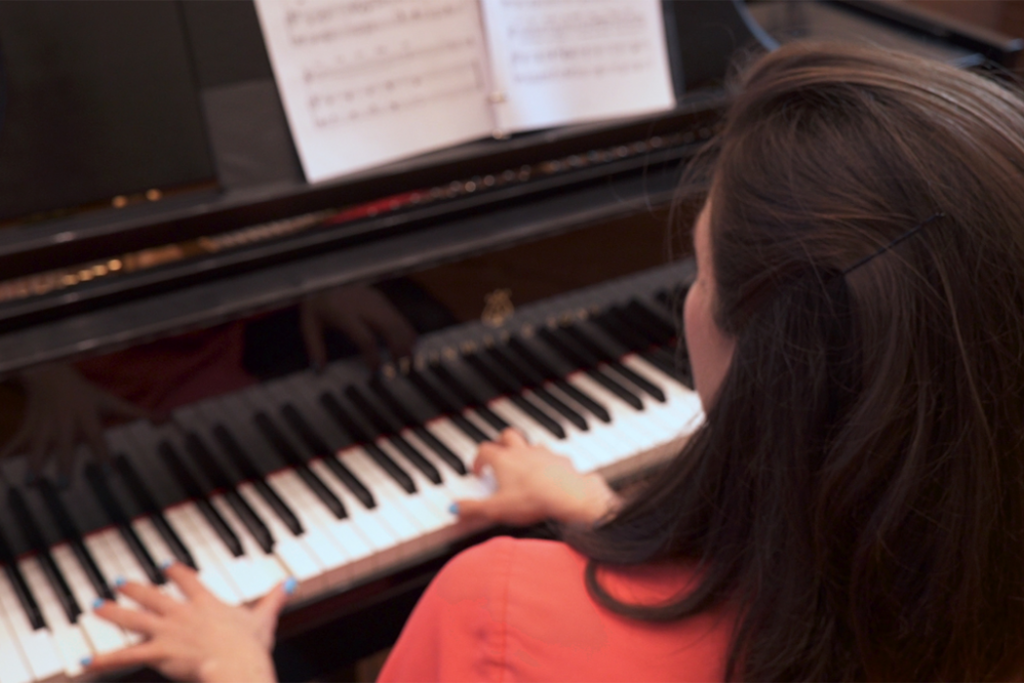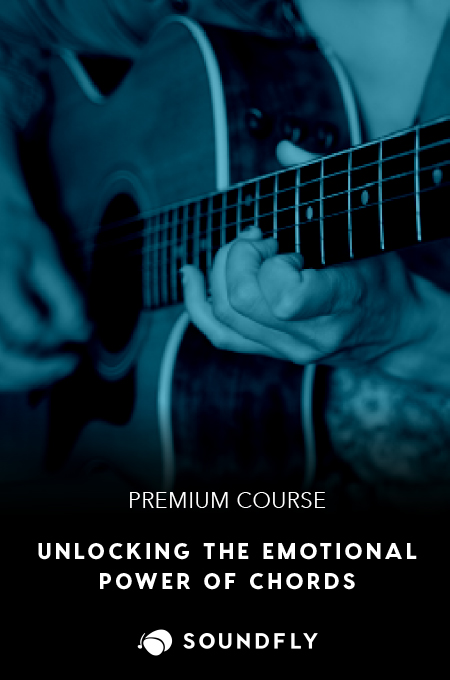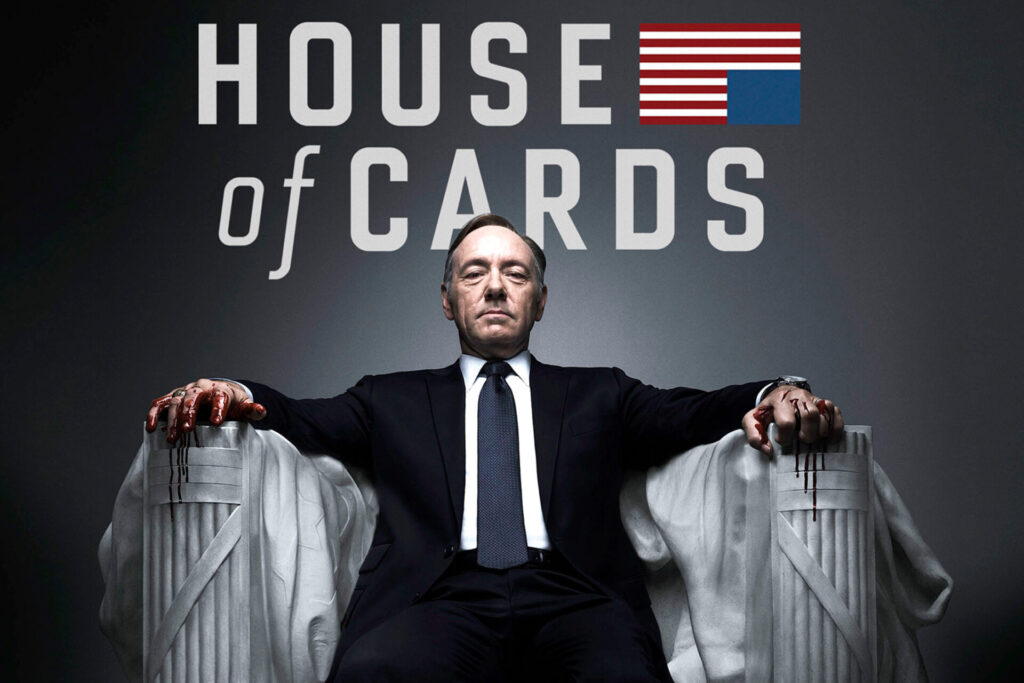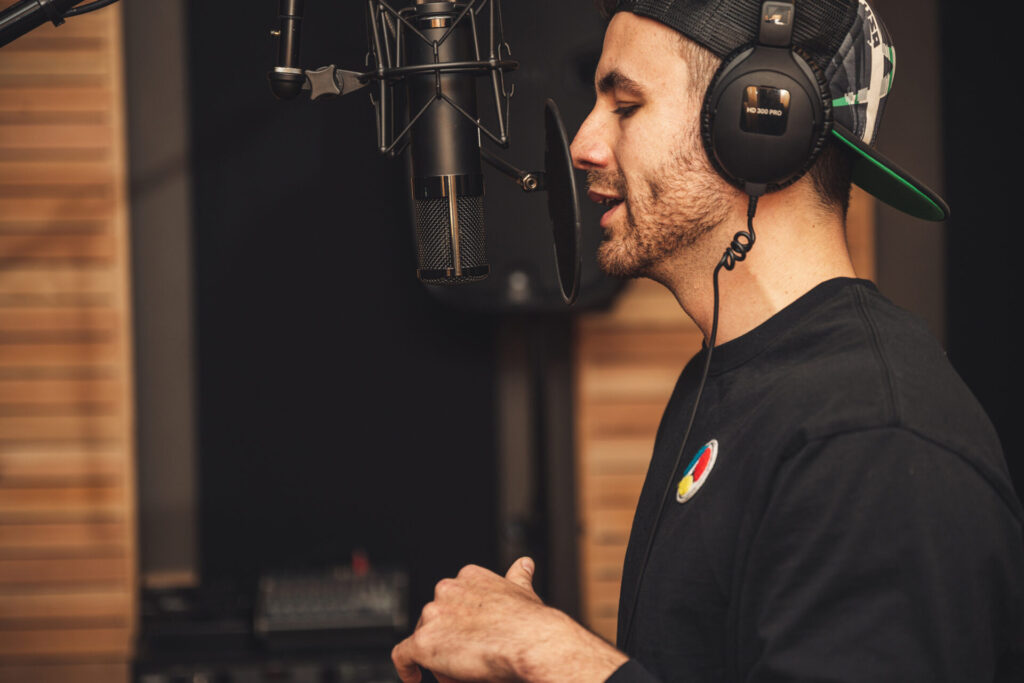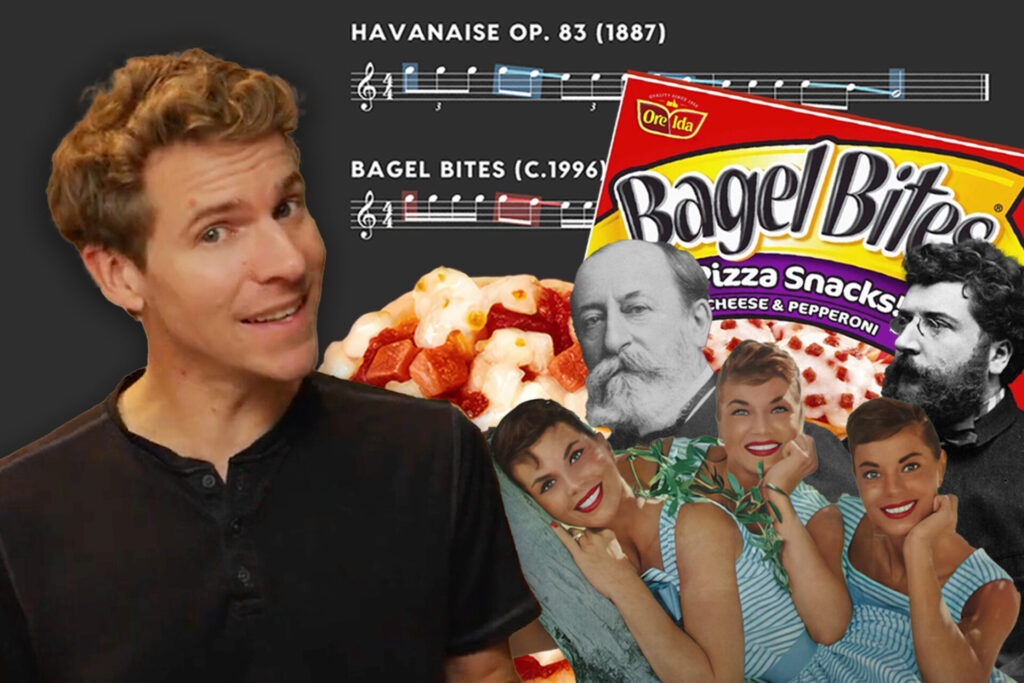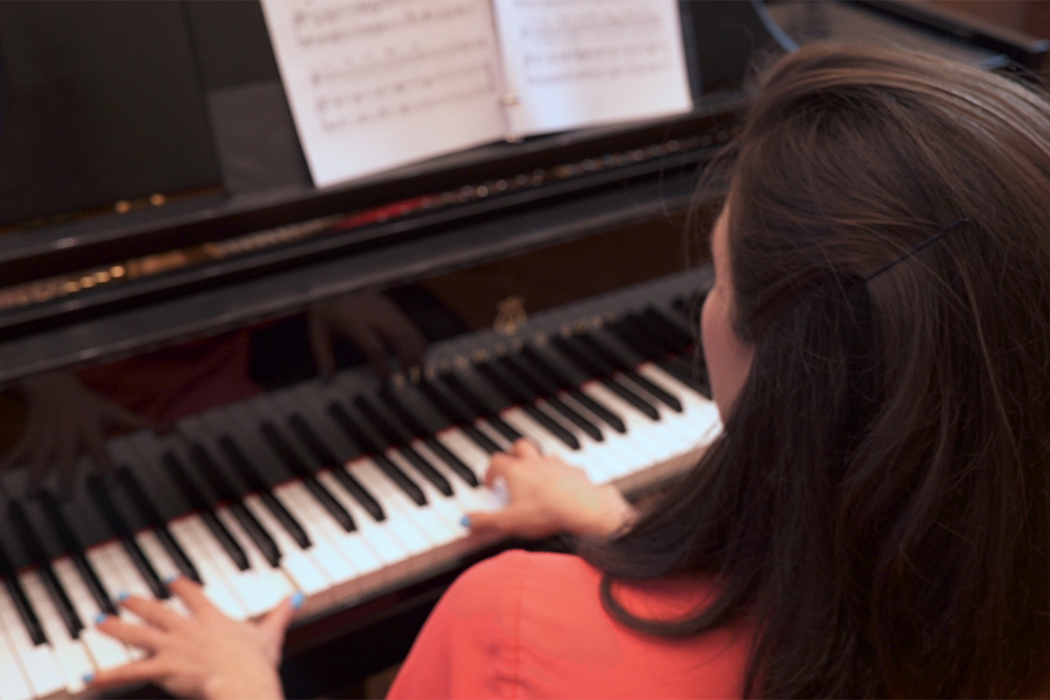
+ Improve your songwriting with Soundfly! Explore our range of courses on emotional chord progressions, basic songwriting technique, songwriting for producers, and many more. Subscribe for unlimited access here.
One of many access points to lyric writing is poetry. Some students bring their poems, sometimes bags full of journals literally stuffed with years of cathartic writing, wondering how to turn their pages and pages of words into great songs.
Usually they arrive frustrated or confused because they’ve found their poems don’t always translate easily or naturally into song, and there are a number of important reasons for that. While artistic allies, poetry and song inhabit their own equal but different spheres, largely because of their equal but different contexts.
Professor Pat Pattison, who teaches both poetry and songwriting, describes it likes this:
“Since the invention of the printing press, poetry is delivered mainly to the eye. Lyrics are delivered mainly to the ear. Many consequences follow from this.”
Professor (and award-winning poet) Matthew Zapruder puts it this way:
“Words in a poem take place against the context of silence (or maybe an espresso maker, depending on the reading series), whereas… lyrics take place in the context of a lot of deliberate musical information: melody, rhythm, instrumentation, the quality of the singer’s voice, other qualities of the recording.”
Songs will certainly share similar features with poems — striking imagery, a compelling emotionally evocative theme, and deft word play also make good lyric — but a lyric isn’t a song until it’s irrevocably united with music.
This is why some of the coolest lyrics can look plain dumb, and totally naked on the page (“da doo ron ron”).
That doesn’t mean song lyrics are less literate, artistic, or craft worthy than poetry. It just means they’re designed with a different purpose and function in mind. Great songwriters are not always great poets, and certainly the opposite is true, even though there are several notables who slip and slide between worlds. Let’s talk about it!
Okay, first and foremost, lyrics are words to sing. And baby, that’s physical! Your teeth and your tongue, your lovely larynx and lips, the tapestry of the muscles in your torso, the whole kit and kaboodle is involved!
The patterns of alliteration, consonance and assonance in a lyric, the rhythm of words and rests, allows your vocal production operating apparatus to move and breathe more readily to make a song, well, singable.
Secondly, lyrics are words to be heard, primarily, and this makes them words under pressure. Lyrics travel in real time at the speed of sound and we can only hear so many words per minute. Songwriters prioritize techniques that heighten both memorability and comprehension.
Repetition, rhyme, and the ordering of ideas or narrative into the clearly delineated sections of a song’s form help listeners connect. The song’s ideas have to negotiate structure and are either strengthened or stalled by it. But sonics win — if it sounds good, and you can sing it, it will beat rational explanation out every time.
Vocal range and pitch comes much more into play than in spoken poetry and a song’s emotional effect and impact relies in part on the pitch placement and length of particular words. Whitney Houston’s delivery of “I-I-I-I-I will alllll-waaaays looooooove youuuuuu” is a spectacular case in melismatic point.
And it don’t mean a thing if it ain’t got that swing! The rhythm of language is shared between song and poetry, but patterns of stressed and unstressed syllables will follow repeated rhythmic units in song now far more than current contemporary poetry.
This is one of the reasons poems don’t always work set to music.
+ Learn songwriting, theory, production, composition, arranging, mixing, and more — whenever you want and wherever you are. Subscribe for unlimited access!
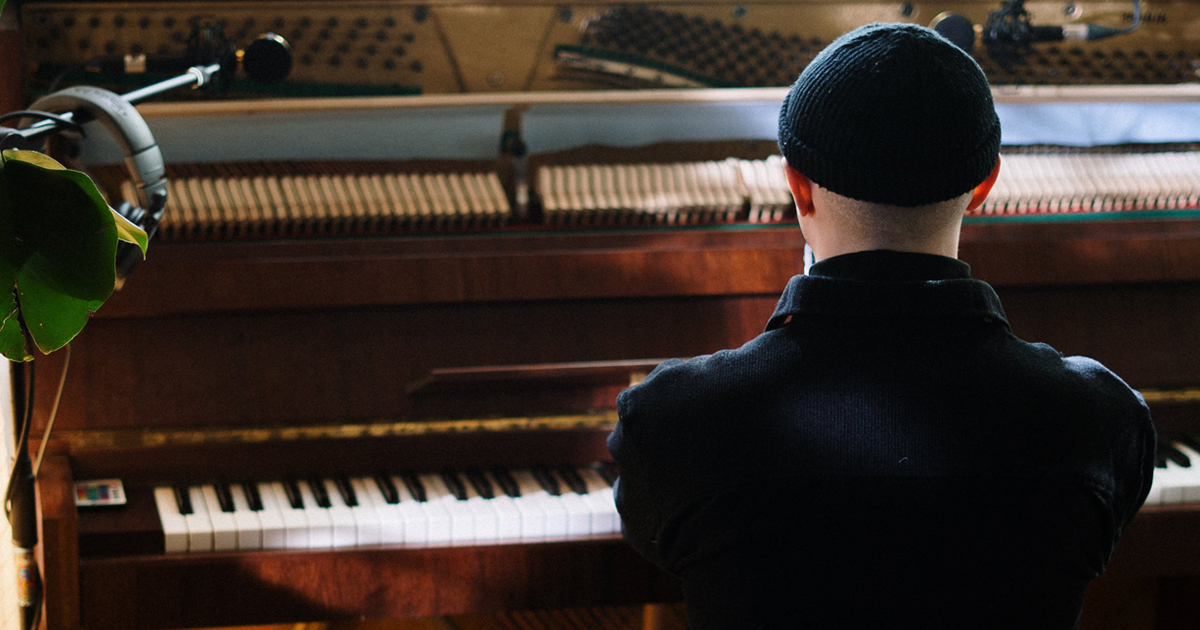
So coming back to the question, will my poems work as songs? The answer is possibly, but more likely they could function as a launch pad to developing lyrics, which exist as words utterly embedded in a song.
And songs have a lot of moving parts that contribute to their overall emotional impact on an audience. When the lyrics, rhythm, chord progression, the production, melody and vocal performance all unite in prosody, that impression can be profound and enduring.
And this is the final piece of the puzzle; how songs are delivered differs markedly from poetry through the rise and rise of recorded music and relative ease of release and global transmission. The bulk of contemporary song holds down the line at 3-4 minutes, often shorter. They are works in miniature, lyrically.
While some songwriters are able to commercially release long-form work, Nobel laureate Bob Dylan being a recent example, this is the exception rather than the rule. Some genres (rap, folk ballads) have more flexibility on the numbers of words in their lyrics compared with Top 40 or EDM.
Distilling your poems to a lyrical essence of brevity may be too personally demanding, especially if your writing goes way back. If you’re open to exploring writing words that truly sing, the world’s your oyster!
Soundfly’s community of mentors can help you set the right goals, pave the right path toward success, and stick to schedules and routines that you develop together, so you improve every step of the way. Tell us what you’re working on, and we’ll find the right mentor for you!
